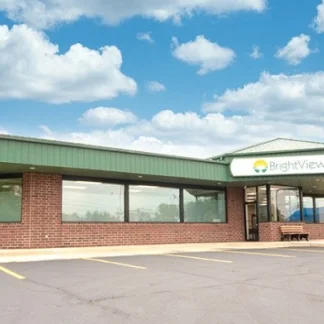Brightview - Columbus East Addiction Treatment Center
Reynoldsburg, Ohio, 3768 East Main St., 43123
Available Programs
- Adult program
- Young adult program
Insurance and Financial
- Self-pay options
- Private insurance
- Medicaid
About this Facility
Brightview – Columbus East Addiction Treatment Center is a private rehab located in Reynoldsburg, Ohio. Brightview – Columbus East Addiction Treatment Center specializes in the treatment of Substance Abuse.
Contact us for more information: (833) 510-4357

Contact Brightview - Columbus East Addiction Treatment Center
Connect with Brightview - Columbus East Addiction Treatment Center by calling their admissions team directly.
(833) 510-4357 Website Get Directions